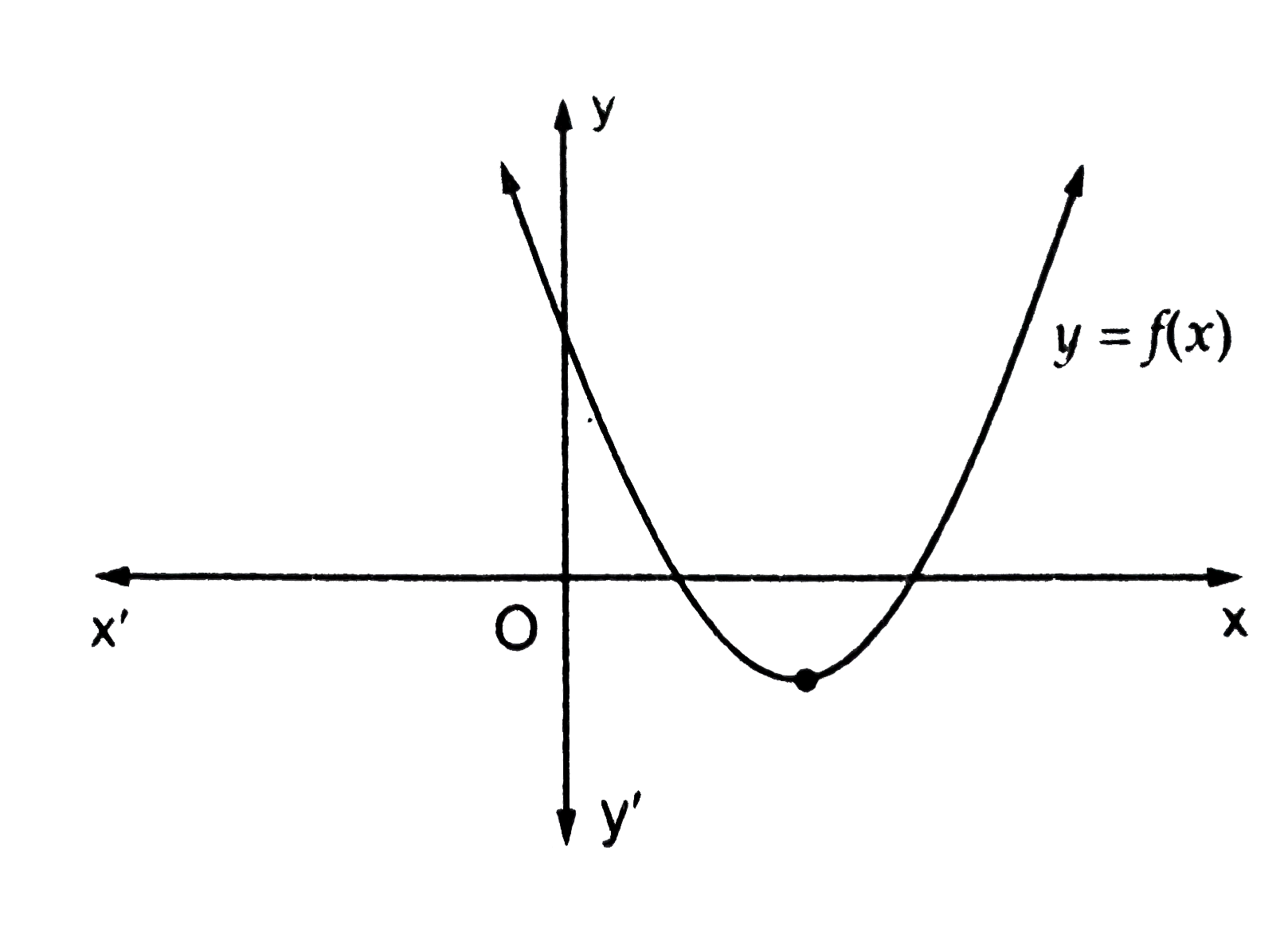Study the following information carefully and answer the given questions:
Eight friends A, B, C, D, E, F, G and H are sitting around a circular table in a seminar. Some of them are facing outside the center while some are facing towards the center, but not necessarily in the same order. E sits opposite to H, who faces same direction as F. F sits opposite to the one who sits third to the left of B. A sits third to the right of the one who sits second to the left of F. A does not sit opposite to B. A faces same direction as C.G faces same direction as D, who does not face outside the center. Not more than two friends who sit immediate next to each other are facing same direction. E is neither an immediate neighbor of A nor of B. Only two friends sit between D and G, who sits to the immediate left of C.
What is the position of F with respect to B?
lmmediate right
Second to the left
Immediate left
Third to the right
The correct Answer is:A
F sits opposite to the one who sits third to the left of B. A sits third to the right of the one who sits second to the left of F. A does not sit opposite to B. From these conditions there are four possible cases

E sits opposite to H, who faces same direction as F. E is neither an immediate neighbour of A nor of B. By these conditions Case- 1 and Case- 4 are cancelled. Only two friends sit between D and G, who sits immediate left of C. So new arrangement will be

A faces same direction as C. G faces same direction as D, who does not face outside the center. Not more than two friends who sit immediate next to each other are facing same direction. By these conditions Case-3 is cancelled. So final arrangement will be

Similar Questions
पांच तत्व A, B, C, D व E के E∘ क्रमशः −1.36,+0.32,+1.36,−0.42 तथा −2.2.6 है उनको बढ़ती सक्रियता के क्रम में लिखो ।
View Solutionसमान चालकता सेल में लिए गए दो विलयनों A तथा B के प्रतिरोध क्रमशः 50 ओम तथा 100 ओम है । यदि A व B के सामान आयतन मिला दिए जाये तो सामान चालकता सेल में मिश्रण का प्रतिरोध क्या होगा ?
(मोल A व B को मिलाने पर वियोजन की मात्रा में कोई परिवर्तन नहीं होता है)
View Solutionनीचे कुछ अभिक्रियाएँ दी गयी है-
(a) ACl2+B→BCl2+A
(b) B+DCl→ कोई अभिक्रिया नहीं
(c) C+2DCl→2D+CCl2
(d) C+ECl2→ कोई अभिक्रिया नहीं
(e) H2+ECl2→2HCl+E
(f) H2+FCl2→ कोई अभिक्रिया नहीं
उपरोक्त दिए तत्वों (A से F) को रासायनिक सक्रियता के घटते क्रम में व्यवस्थित करो ।
View Solutionदो सेलो के मानक विधुत वाहक बल नीचे दिए गये है ।
2Ag+Pt2+→2Ag++Pt, E∘=0.40V
2Ag+F2→2Ag++2F−, E∘=2.07V
यदि सेल अभिक्रिया Pt→Pt2++2e का मानक विभव 0 मान लिया जाए तो ज्ञात करो ।
(i) 1Ag→Ag++e− के लिए मानक विभव ,
(ii) F−→12F2+e के लिए मानक विभव
View Solution∫ex{f(x)+f'(x)}dx को खंडश: समाकलन के प्रयोग से ज्ञात कर सकते है |
∫f(x)dx+∫exf'(x)dx=∫exf(x)dx+exf(x)−∫exf(x)dx+c
=exf(x)+c
तथा ∫eax{f(x)+f'(x)a}dx eaxf(x)a+c
इसलिए सही उत्तर चुने :
∫ex(tan−1x+11+x2)dx=
View Solution∫ex{f(x)+f'(x)}dx को खंडश: समाकलन के प्रयोग से ज्ञात कर सकते है |
∫f(x)dx+∫exf'(x)dx=∫exf(x)dx+exf(x)−∫exf(x)dx+c
=exf(x)+c
तथा ∫eax{f(x)+f'(x)a}dx eaxf(x)a+c
इसलिए सही उत्तर चुने :
e^(x)((1+sin x)/(1+cos x))dx=
View Solutionबहुपद f(x)=ax2+bx+c का आलेखः चित्र में दर्शाया गया है | 'a' तथा b2−4ac के चिन्ह लिखिए |

View Solutionयदि f(x) एक बहुपद है जबकि f(a)f(b)<0, तो a तथा b के बीच शुन्यकों की संख्या क्या होगी ?
View Solution
